02:19
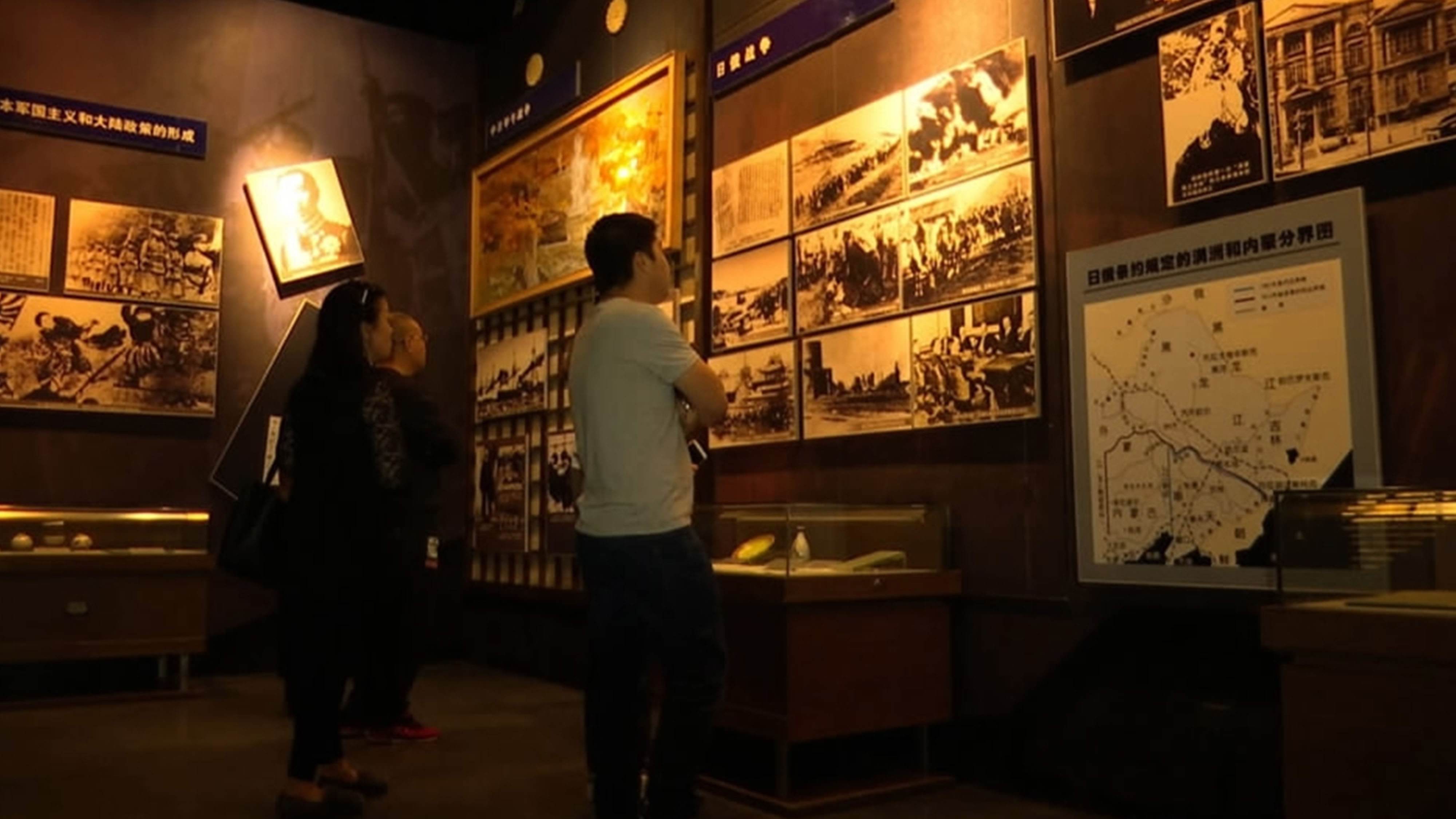
The names of over 3,600 members of Unit 731 have been disclosed by the National Archives of Japan. This was a covert biological and chemical warfare research and development unit of the Japanese Army that conducted experiments on live humans during the Chinese People's War of Resistance against Japanese Aggression.
Every day, people from all parts of China come to the 9.18 museum in Shenyang, a city of northeastern China's Liaoning Province, to look back in history. The Sept. 18, or Mukden Incident, was when Japan staged a Chinese dissident bombing, and marks the beginning of the Japanese invasion of China.
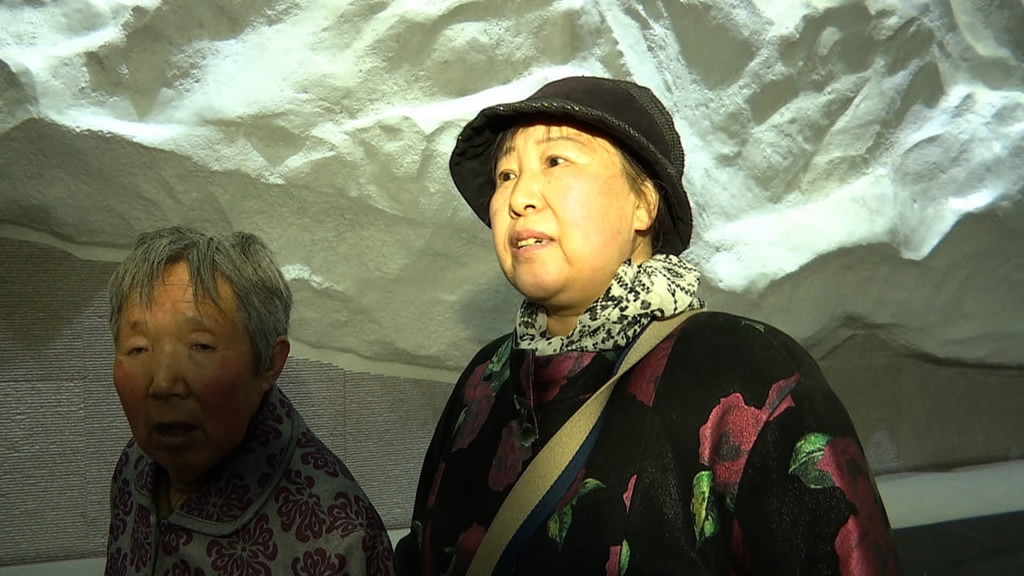
“So many years have passed, but the pain and suffering can still be felt by many Chinese people,” said Liu Ping, a resident from Shenyang. /CGTN Photo
“So many years have passed, but the pain and suffering can still be felt by many Chinese people,” said Liu Ping, a resident from Shenyang. /CGTN Photo
During Japan's occupation of northeast China, Unit 731 was set up in Harbin. It conducted vivisection experiments on live humans. Their ultimate goal was to develop Japan's biological warfare program.

During Japan's occupation of northeast China, Unit 731 was set up in Harbin in 1935. The unit conducted vivisection experiments on live human beings. Their ultimate goal was to develop Japan's biological warfare program. /CGTN Photo
During Japan's occupation of northeast China, Unit 731 was set up in Harbin in 1935. The unit conducted vivisection experiments on live human beings. Their ultimate goal was to develop Japan's biological warfare program. /CGTN Photo
After the war, the Japanese government did very little to acknowledge Unit 731's atrocities, despite a large amount of evidence discovered at the site.
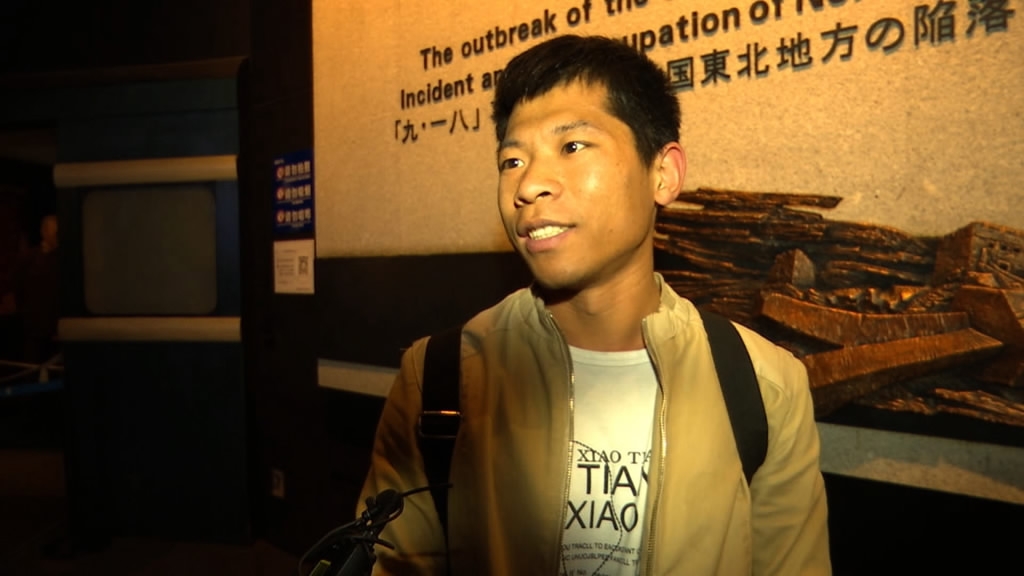
Ruan Jinshan from Heilongjiang Province told CGTN that he thinks the truth can't be hidden forever and full disclosure is just a matter of time. /CGTN Photo
Ruan Jinshan from Heilongjiang Province told CGTN that he thinks the truth can't be hidden forever and full disclosure is just a matter of time. /CGTN Photo
With this latest disclosure by the National Archives of Japan, almost all the real names of the unit's members have been unveiled. The move indicates more Japanese people are choosing not to stay silent on the unit's activities.
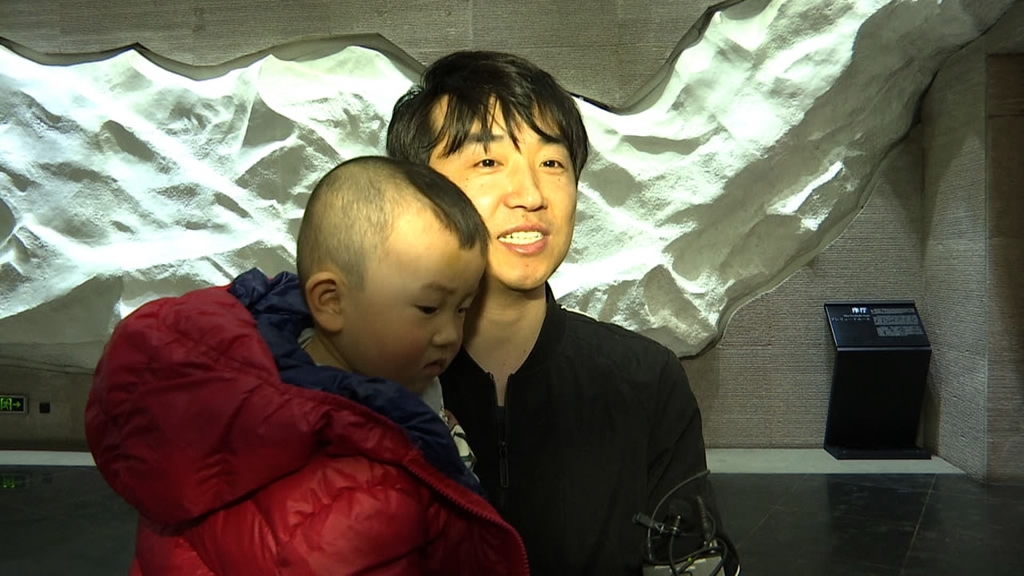
Chen Haozhao from Jiangsu Province said:"..the Japanese government is doing the right thing by facing up to history." /CGTN Photo
Chen Haozhao from Jiangsu Province said:"..the Japanese government is doing the right thing by facing up to history." /CGTN Photo
When Japan surrendered in 1945, Unit 731 destroyed most of the evidence of its crimes. However, that has not stopped people seeking the truth: A Chinese movie about the unit started shooting this year.
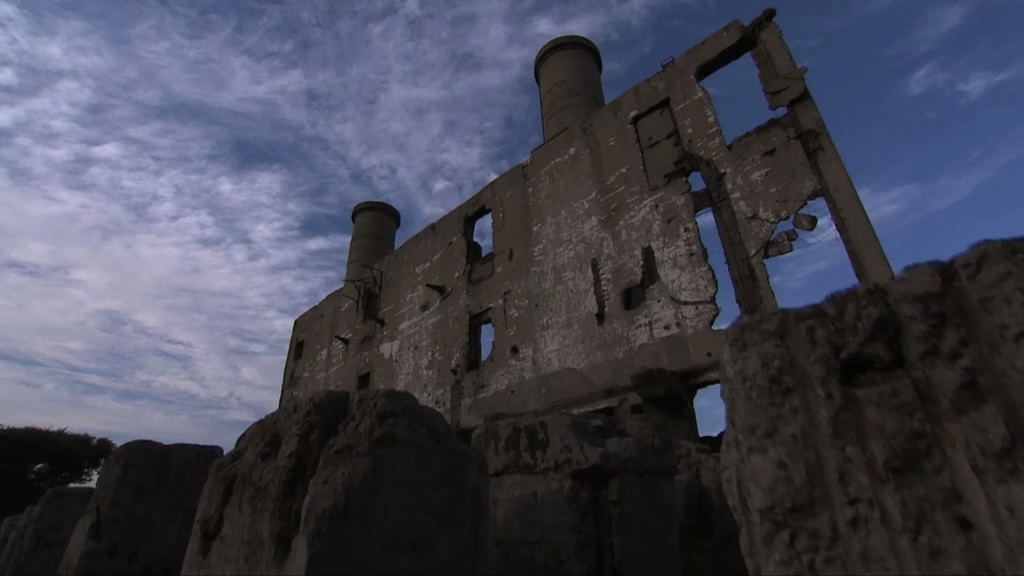
Ruins of Unit 731 in Harbin. /CGTN Photo
Ruins of Unit 731 in Harbin. /CGTN Photo
“For our generation, as a movie director and a storyteller, we have to do something to prevent people from forgetting what really happened in the past," Zhao Linshan, director of the movie "731", told CGTN.

Zhao Linshan, director of the movie "731", thinks as a movie director and a storyteller, he has to do something to prevent people from forgetting what really happened in the past. /CGTN Photo
Zhao Linshan, director of the movie "731", thinks as a movie director and a storyteller, he has to do something to prevent people from forgetting what really happened in the past. /CGTN Photo
Now with the release of names of Unit 731 members, people can see for
themselves evidence of one of the darkest periods in human history.
The horrific activities
of Unit 731 remained one the most closely guarded secrets of World War II, as
more than 300,000 people across China were killed by Japan's biological weapons, according to research. The disclosure by the National
Archives of Japan could lead to further investigations on the country's wartime crime.








